This is exactly the kind of propaganda that the people so desperately need from the CBC in these dark hours.
CBC:
For most of my life, I considered myself a Strong Black Woman. It was a source of pride. It meant I can accomplish anything. It made me feel superhuman.
Until it didn’t.
That pride changed abruptly one night.
That night, I saw a huge ad — on a city bus no less — featuring a poised Black woman. She was standing, hands on hips, with her naturally curly hair framing her face. She looked confident and self-assured, and maybe even a little smug.
Then, I saw those words: “strong Black woman.” Suddenly, those words smacked me in the face. They knocked the wind right out of me.
Those words, that night, started a journey I am still on now.
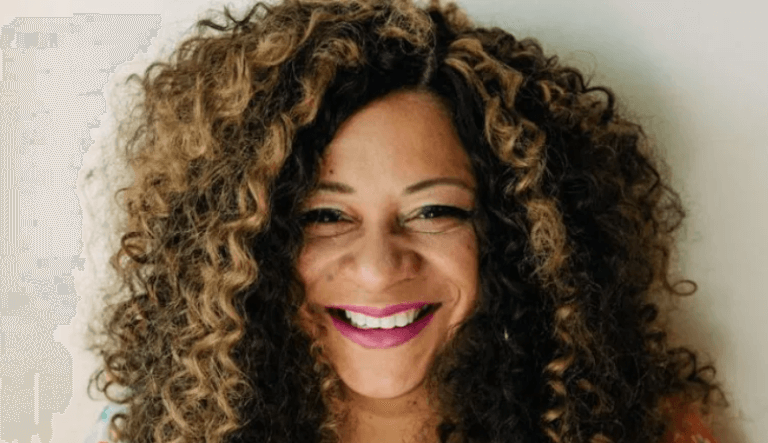
Mykella Van Cooten
Strong Black Wahmen sees that her entire identity is a product of a corporate board room. Goes on Black version of Eat, Pray Love soul searching for the answer.
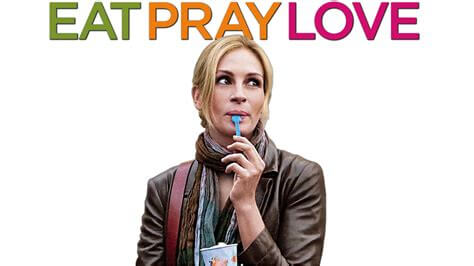
Alright let’s see what we can do.
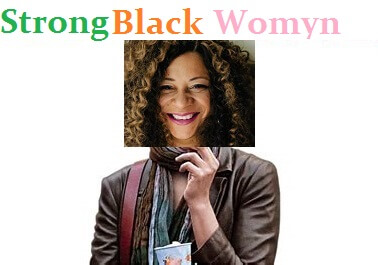
Man it is not easy getting the text properly aligned in MS Paint.
Scholars have studied what academics call the “Strong Black Woman (SBW) Schema.” It’s an archetype and identity taken on by many Black women — and passed on to generations — as a title of excellence.
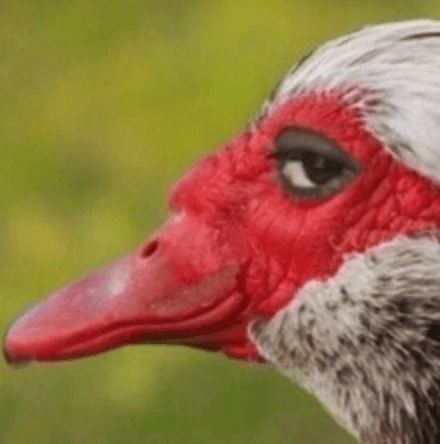
Oh sweet Jesus.
It includes three key characteristics: emotional restraint, independence, and self-sacrifice where Black women often take care of others at their own expense.
Goddamn YouTube restricting my World Star Hip Hop reference. In any case, we all know that Black Ladies are known for their and stoicism emotional restraint.
To me, those characteristics include: intelligence, athleticism, physical and mental toughness, confidence, focus, independence, excellence, resilience, and the ability to lead and take care of others
It’s a lot. I know.
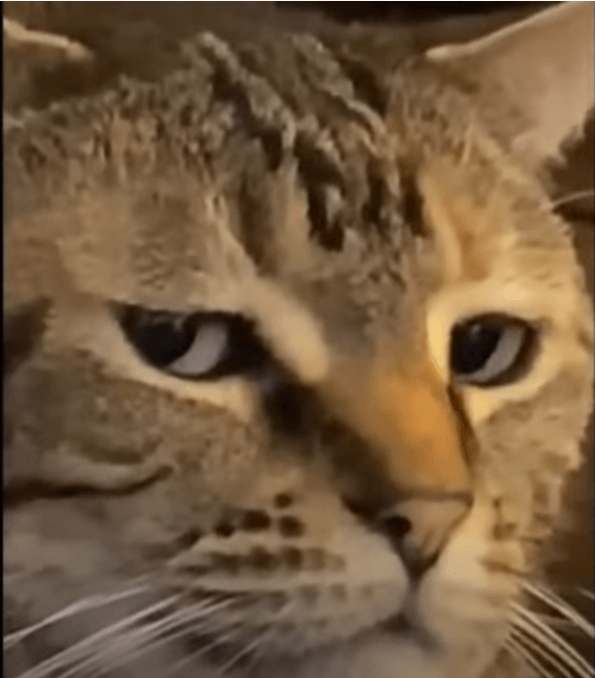
I hate the whole “you go girl,” attitude when present among White Women. This is somehow so much worse.
“Look, I know that I’m as strong as my favourite Marvel comic book hero, but I don’t want to identify as a Stronk Black Wahmen anymore. Even though I am one. I’m just not that specifically.”
I personally had taken on the full Strong Black Woman identity by university, where I met five other SBWs just like me.
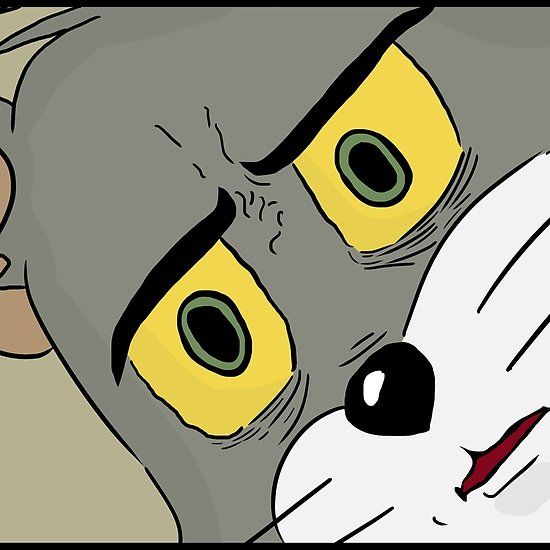
I’m starting to wonder if she stole this template from some perverts article. Because it really sounds like some “I was an oppressed little fudgepacker in high school, but then I met other fudgepackers like me.” Only in her case it’s somehow dumber.
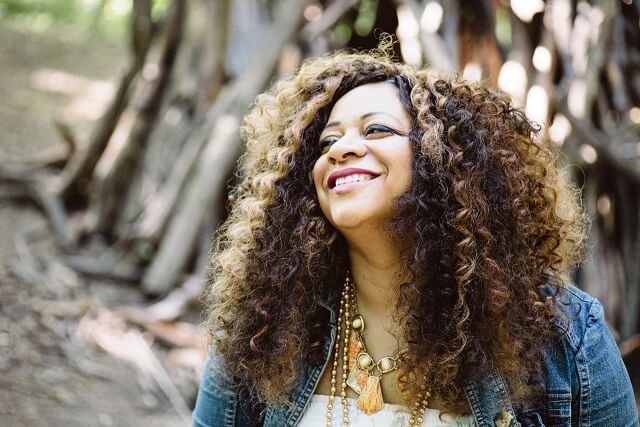
“Somehow.”
It can make you feel celebrated as a Black woman, as a woman who can represent the goodness of the Black community in white spaces — a kind of superhero.
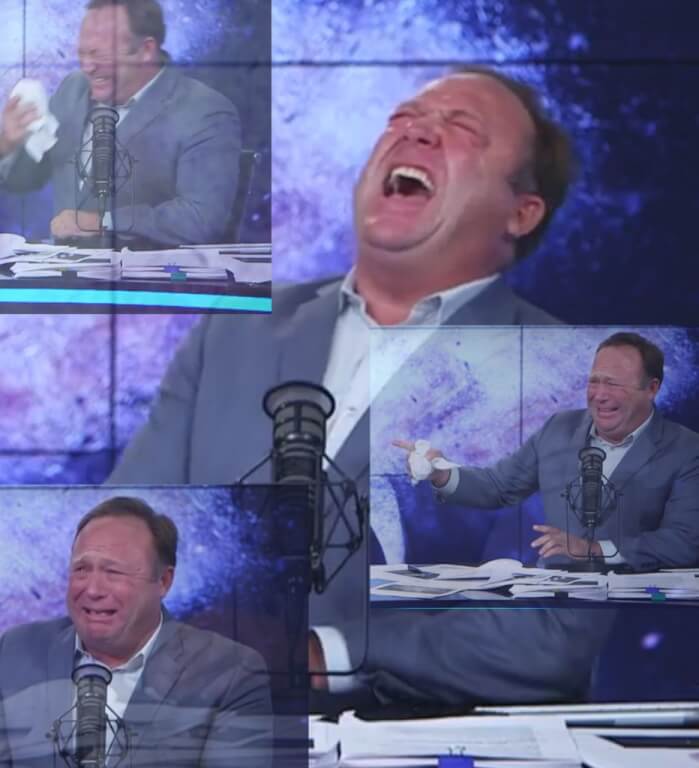
I swear to god, I didn’t cheat and look ahead when I did that bit about Marvel Superheroes above. And then she goes and says that. Clearly she’s moving away from the Strong Black Mommy archetype and into a sort of hybrid bugcreature role. But since this is also an inorganic identify, it’s more like multiclassing in D&D then actual character growth.
We were confident, and maybe a little cocky. As a Strong Black Woman, I felt capable, resilient and relied upon. It made me feel special.
We’re only halfway through this article and it feels like I’ve read Strong Black Wahmen about 15 times. Let me take a look at how often that exact term appears in this piece.

Righto.
I will not take it. I want to be seen as more. I want to be allowed to be more.
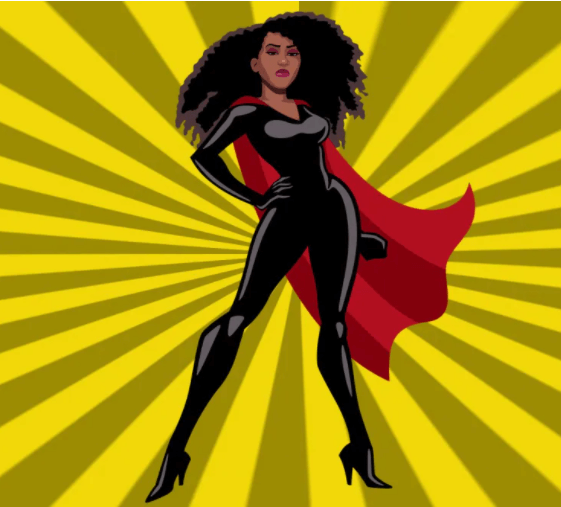
She then includes this comic book heroine drawing in her article. I predicted thith. I’m going to go out on a limb and predict that she starts talking about “emotional labour,” and “lived experiences.”
At an online event by Essence Magazine last year, actor and singer Taraji P. Henson spoke out about this stereotype.
“It came as a thing to empower us, right? It became ‘I’m a strong black woman’ to empower us. But then as years go on, we’ve been ignored because of that very statement,” she said. “It dehumanizes our pain. It belittles our tears.
“We’re supposed to be able to watch our brothers and sons and fathers get murdered in the street, but we can take it because we’re strong. And that’s just not true.”
So, like Henson, I’m saying “no” to being called a Strong Black Woman.
“The burnout got so bad, I was crying almost every day. I had to say “enough” — for real this time. ”- Mykella Van Cooten
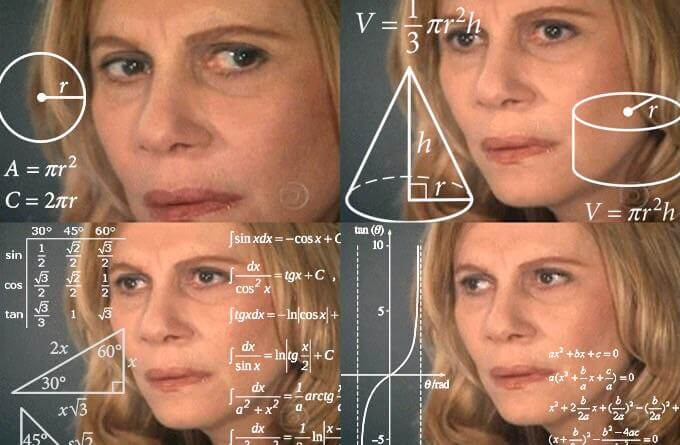
You were crying almost every day, and burned out… because people thought of you as a Strong Black Woman. So you decided to identify as a Marvel movie fan instead, because then, despite the world remaining the same, you could carry on with your day without the constant mental breakdowns.
I have never witnessed such strength and intellect before.
As a frontline hospital worker, I support ICU units with administrative duties. When the pandemic hit, I got the opportunity to work full-time on a COVID-19 unit. I would agree to take shifts to fill in for sick colleagues, and I would feel intense guilt if I had to say no.
I sometimes worked 11 days straight and often did 16-hour shifts. I had no idea what my body and my mind could handle. I was disconnected, on autopilot.
Until, I started breaking down.
A few hours before work, or on the drive, I would cry. The burnout got so bad, I was crying almost every day. I had to say “enough” — for real this time.

If you’re wondering what happened here, the tards at CBC fucked up the article. They moved that quote of hers up, but didn’t put it as a clear article excerpt. It’s just right there in the plain text.
In reality, she was working long shifts as a nurse, so it actually makes sense why she would be having burnout. Crying “almost every day,” from stress is a bit much, but it’s a lot less ridiculous than I previously imagined.
Instead, it just goes to show what clowns the CBC as a whole is. How do you mess something so basic like this up? You’re the multibillion dollar state propaganda agency. Learn how to hit the quote button on the wordpress backend.
I follow in the footsteps of a wave of Instagram posters and public figures like Henson, Simone Biles, Naomi Osaka and Lizzo who are pushing against the constricting Strong Black Woman identity and demanding Black women’s emotions, mental health and well-being stop going unnoticed.
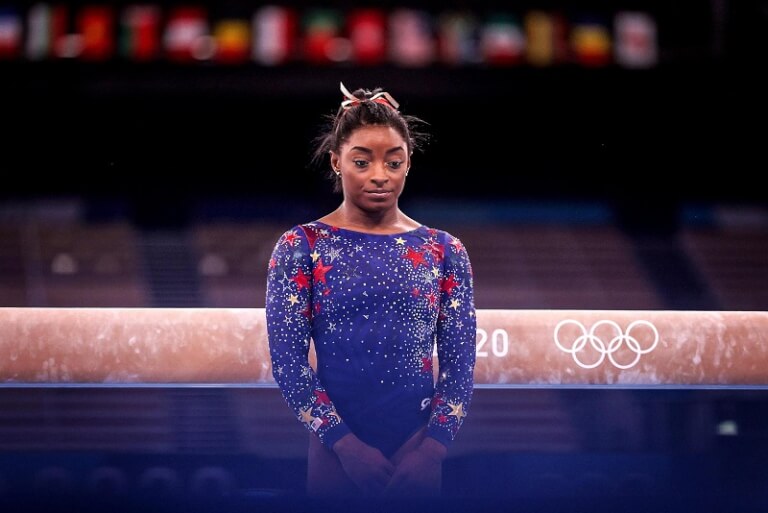
Simone Biles, Olympic Quitter.
Simone “I’m on my break” Biles quit on her team at the Olympics because she wasn’t feeling it. Not, she had an injury. She just didn’t feel like doing another event. She was then made TIME magazine womyn of the year, or maybe athlete, I can’t remember.
Apparently instead of being a well adjusted reasonable adult, who deals with shit with some amount of stoicism, being a quitter who lets other people down is now something to be praised, and celebrated. Maybe just if you’re Black. It was unclear to me.

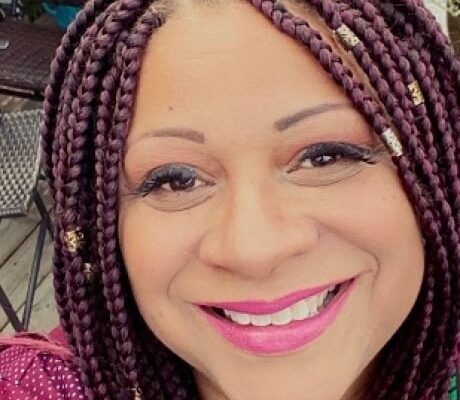

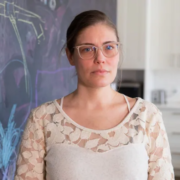


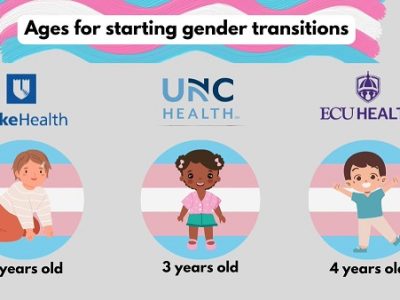
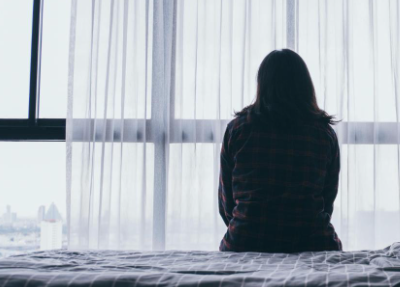
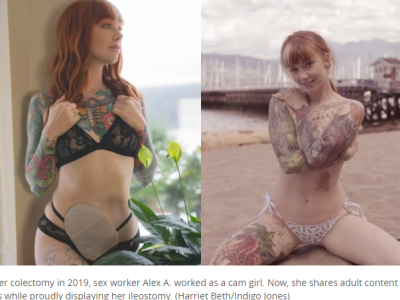
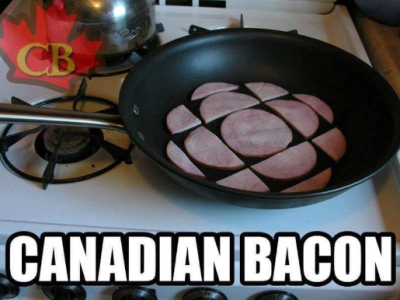

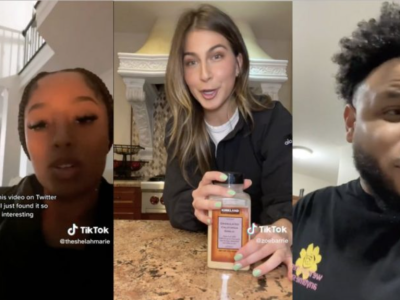



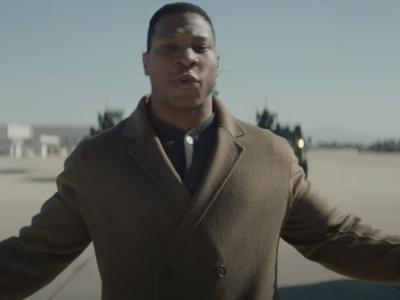
Wait. So this article is basically saying these black women want to go on break?
I’M SHOCKED!!!
“ As a frontline hospital worker, I support ICU units with administrative duties.”
Small mistake, she’s not a nurse, just a black wahmen diversity hire busybody.
With a side hustle as “a podcast producer and audio storyteller” – still yet more diversity-hire tier shite.
Ewww. Niggers.